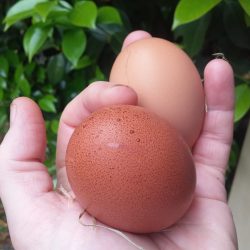Blog
Six steps for producing your self-published memoir
If you want to write and publish a book about your life, or part of your life, you will need to follow some simple steps: 1. Writing the story - or telling the story verbally. 2. Manuscript assessm...
Poetry writers: refining your poem using the read-aloud method
When you write a poem from scratch, it can come out pretty good, or it can come out a bit of a mess. Either way, what you end up with is a draft - not a finished poem. To get the message of your...
FAQs about: beta reading, manuscript assessment, and structural or developmental editing
1. What is the most helpful - (A) a beta read, or (B) a manuscript assessment, or developmental or structural edit? (a) A beta read... Beta reading can be helpful in assisting you to know the fl...
Writing family histories: what genre to use?
The genre you choose when embarking on writing about a personal or family history will depend on your writing skill, style or preference, and possibly also on the amount of factual information yo...
Editing fiction and non-fiction: a comparison
The purpose of editing any publication, whether standard non-fiction or fiction/creative non-fiction, is to make the corrections needed to ensure the writer's intended meaning, story and voice, are...
For writers: when and how to self-edit your manuscript
when should i start self-editing my draft manuscript? We suggest you wait at least a few days, or preferably a few weeks, after you have finished your first draft, before self-editing. This is so ...
Self-editing your manuscript
How do you get your manuscript from 1st draft stage to the point where it's ready to be handed over to an editor? Self-edit. Rewrite where necessary. Then self-edit some more. Editing your ...
When can you self-edit and when do you need an editor?
Self-editing is the task of editing your own document after you have written it. After self-editing, some types of documents also need to be edited and/or proofread by another person. When is self...
“Rough” copy editing explained
Copy editing is the final stage of editing prior to the graphic design stage. Copy editing comprises: the "rough" copy edit (sometimes referred to as the first pass of the copy edit, or the...
Structural or developmental editing – what is it?
Once a manuscript has been written and self-edited by the writer to the stage where they feel they can't improve it any more themselves, it needs to be edited by a professional editor. Structura...











